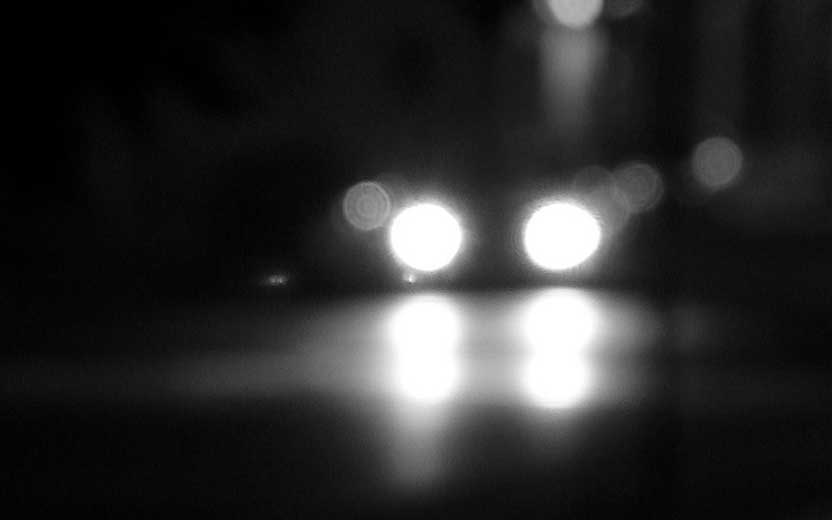By Marcus Fernandez
Let’s explore a possible concussion care scenario. You’re stuck in traffic when the driver behind you crashes into the rear of your car. You did not hit your head, so you ignore the slight headache and refuse medical treatment. Later in the day the headache worsens, you feel dizzy and sluggish, and you vomit. You need to be examined by a doctor for a concussion or other form of traumatic brain injury.
Relying on the fact that you did not hit your head is not a reliable way to determine whether you sustained a brain injury. The symptoms may not be obvious right away. It could take hours or days before you realize just how badly you were hurt.
According to the Centers for Disease Control and Prevention, 176 die each day from TBIs. And 15% of high school students report symptoms of concussions, which are mild TBIs, associated with recreation activities. It is essential to know the causes and symptoms of TBIs in order to get the treatment that you need.
The information in this article provides an overview of brain injuries and concussion care. Particularly those caused by whiplash and other common injuries sustained in car accidents. When you finish reading, you’ll know the causes, symptoms and treatment methods for concussions and other forms of TBIs.
What is a concussion?
TBIs are injuries that alter brain function. A closed brain TBI occurs when an external force causes the brain to move within the skull. The movement can be so severe as to cause damage as the brain hits against the inside of the skull. An open brain TBI is when the brain is injured by something piercing the skull. A gunshot to the head is an example of an open brain TBI.
A concussion is a milder form of TBI although its symptoms may include loss of consciousness. The difficulty in diagnosing a concussion or other TBI is that symptoms may not develop for hours or days. This may be because the damage to the brain is from a primary injury and a secondary injury.
The primary injury takes place when you are in an accident or receive a blow to the head. The symptoms that you have immediately after the accident or incident are the primary injury.
The brain is a complex organ, and its cells undergo changes in the hours and days after the primary injury. These changes are a secondary brain injury that cause further damage to the brain. The secondary injury can trigger cognitive impairments that were not initially apparent.
Can whiplash cause a concussion?
Whiplash is a common injury suffered by occupants of a car struck in the rear by another vehicle. The force of the impact thrusts the head and neck forward and then backward in a whipping-type motion, hence the name given to the injury. From the perspective of the doctor who examines you after a car accident, whiplash is actually a soft tissue injury with symptoms that include:
- A stiff neck
- Back or shoulder pain
- Headache
- Dizziness
Symptoms may appear immediately or may develop over the hours and days following an accident. If you have whiplash, your doctor may prescribe medication and physical therapy, but some people may continue to experience the pain, stiffness and other symptoms long after an accident.
The body movement associated with a whiplash injury can also cause a TBI. The forceful back and forth motion of the head may cause the brain to move and hit against the interior of the skull, which damages the brain.
Signs that you may have a concussion
A concussion is a mild form of TBI, but it can be difficult to know that you have it because symptoms may take hours or days to develop. Symptoms that you may have a concussion include:
- Blurred vision
- Vomiting
- Fatigue and drowsiness
- Headache
- Confusion
- Dizziness
- Impaired memory
Speech and cognitive issues that someone with a concussion may develop include slurred speech and difficulty responding to questions. Sleep disturbances, depression, and anxiety are other signs of a concussion.
Diagnosis of concussions
It is always a good idea to be examined by a doctor after an accident particularly when you are experiencing any of the symptoms associated with a brain injury. A doctor can perform a neurological assessment that evaluates coordination, movement, reflexes, and sensory function.
Depending on the results of the examination, your doctor may order a CT scan or MRI to detect abnormalities, such as bleeding in the brain, that could indicate a concussion or a more serious form of TBI. Your doctor may admit you to the hospital for observation or let you go home provided there is someone to observe you overnight. The purpose of being observed is to ensure that your symptoms do not worsen to the point where you cannot wake up.
Concussion Care and Recovery
The typical concussion care protocol is rest. Rest allows the brain to recover from the trauma. Bed rest may not be necessary, but you should limit activities requiring thinking and mental concentration. Reading a book, working on a computer, watching TV, and playing video games should be avoided until your doctor clears you to resume those activities.
Resuming normal physical activities should wait until you no longer have symptoms of a concussion. Until then, limit physical exertion, including returning to work, until you are symptom free.
Consult an attorney
If an accident caused by the negligence of another party was the cause of a concussion or other injury, you may be entitled to recover compensation. A consultation with a Tampa personal injury attorney can provide you with advice and guidance about the rights you have and how to pursue a claim against the at-fault party.


